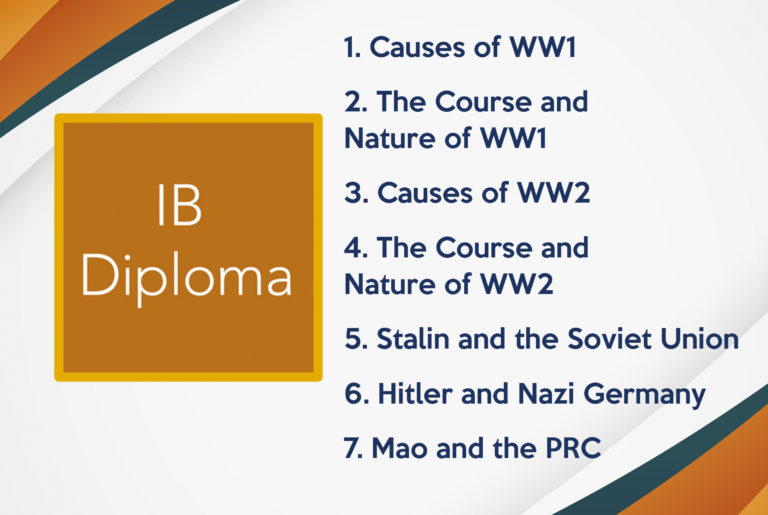Strengths and weaknesses: Who was best prepared for war?
In one way or another, the Great Powers of Europe had been preparing for war, or at least the possibility of war. This piece, therefore, focuses on outlining the strengths and weakness of each country as war broke out in 1914.
Austria-Hungary might have looked an impressive empire on the map, but the war was a result of Austro-Hungarian fears that its empire might collapse if it didn’t do something about the South Slavs, or at least partly so anyway. It could immediately call on over three million men but such was the multi-national nature of its empire that orders in its army were given in fifteen different languages. It was also poorly equipped while its navy was the smallest among the Great Powers. If it faced all its potential enemies – Serbia and Rumania to the south-east, Russia to the north-east, and Italy to the south-west – it was likely to be fatally over-stretched.
Germany carried on the Prussian reverence for its army. The army was regarded with pride and Germans were proud to serve in it. It consequently benefited from a dedicated and talented officer class and NCOs, so it was well led and well trained. It could also call on four-and-a-half million men, and behind this was a large population: sixty-five million. It had both a strong agricultural and a large industrial sector to its economy, and an extensive railway system. But, positioned as it was in the centre of Europe, it would be vulnerable to a blockade and it would be short of essential supplies in a matter of months. So, the War Department created a War Raw Materials Department to commandeer from inside Germany such essential materials as metals, chemicals, rubber, jute (for sandbags), wool and cotton, or else to acquire them from occupied territory, or purchase from abroad, or else in some cases, manufacture synthetically.
If Austria-Hungary was a weakened power, Turkey, known as ‘the sick man of Europe’, was a power clearly in decline. Its army was ill-equipped and its navy was tiny. With German assistance things were improving but only slightly. As for numbers, it is difficult to say with any certainty, but 250,000 would most likely be an over-estimation.
The unexpected problems experience in the Boer War had led Britain to reform its army and in 1814 it had a well-trained, well-armed, highly professional army; but it was small, 160,000 men, only six divisions. Britain, an island and with the world’s largest navy, had never seen the need for a big army. There was a debate within the Cabinet as to whether to send any troops to France to assist with the land war as it might leave Britain exposed should the Germans invade. Both Prime Minister, H.H. Asquith, and the Foreign Secretary, Sir Edward Grey, were particularly uneasy about leaving Britain so vulnerable. It was Lord Kitchener, the Secretary of State for War, that suggested two of the divisions should be kept at home and the other four sent to France. This meant, Britain would be pitching no more than 50,000 men??? into the fray. However, within days of the declaration of war, Lord Kitchener called for 100,000 volunteers to boost the army’s size. Kitchener hoped he might achieve his target in six months, as it was he was inundated: 1,500 a day were volunteering so that in just one month 500,000 had joined up. The rate continued at 100,000 a month for the next eighteen months of the war. Such was the response that the army hardly had the means to train so many men, and certainly couldn’t equip them, at least not at first. In total more than three million would volunteer by the war’s end. The reasons for volunteering included a sincere sense of patriotism, of duty, but for some it was also an escape from the boredom of dull, repetitive jobs coupled with a naïve and totally erroneous sense of adventure, while for others there was the attraction of better pay for, in addition to the army’s pay, the civilian employer might also pay a reduced wage.
Britain was also able to draw on the manpower of its empire which constituted a quarter of the world’s population. The contribution from Britain’s empire was crucial in sustaining the Entente Powers war effort. It is therefore worth highlighting it: India contributed 1,525,000 men, Canada 420,000/630,000???, Australia 330,000/412,000???, New Zealand 100,000/130,000???, South Africa 74,000/136,000???, the West Indies 16,000 and other Dominions 31,000. ???50,000 Africans???
British naval strength had long since been premised on the need to be as strong as that of any other two naval powers, the ‘two-power standard’. Its navy had been spurred to modernise and expand by the naval race with Germany. This was exemplified by the Dreadnought, a new super battleship; bigger, with greater fire power and heavier armoured shielding than ever before, yet, with the new turbine engines, fast. And with the naval race, Admiral Fisher adapted the ‘two-power standard’ when in 1906 he said, ‘Our only probable enemy is Germany. Germany keeps her whole Fleet always concentrated within a few hours of England. We must therefore keep a Fleet twice as powerful concentrated within a few hours of Germany.’[1]
Of all the Great Powers, Britain was in the most favourable position if the war became prolonged. Like Germany it had a strong industrial base, it also had its empire as another source of raw materials (as well as the manpower referred to above), as well as America as a benevolent neutral power. And as an island off the coast of continental Europe, protected by its navy, it could continue being supplied.
France had suffered a crushing defeat at the hands of Germany in 1870-1 leaving it with an inferiority complex when it came to Germany, fearful of its military might, fearful of its economic might, fearful of its growing population. The loss of Alsace-Lorraine to Germany in 1871 had weakened it. It lost people and it lost the coalfields and iron deposits that were there. But France was not a spent force, far from it. Isolated by Bismarck’s foreign policy, it now had an ally in Russia and an “understanding”, an entente with Britain. It had built up a large army, France could call on four million men, and had a strong fleet. Like Britain, it could also utilise its empire and some 600,000 troops from its African colonies and from Indo-China.
Russia had a massive population, approximately 170 million (more than Germany, Austria-Hungary and Turkey combined) and could call on almost six million reserves in 1914. After its humiliating defeat at the hands of the Japanese in 1905 it had been modernising both its army and its navy. It had also been rapidly industrialising and, important to its ability to mobilise speedily, it had been building railways. It was very much the potential giant of Europe, but potential is the key word here. Its population was huge, but it was overwhelmingly made up of a very poor and largely illiterate peasantry. It had faced revolution following its defeat at the hands of the Japanese and discontent, both organised and otherwise, persisted.
1 Quoted in Margaret MacMillan, The War Thar Ended Peace, p. 113





